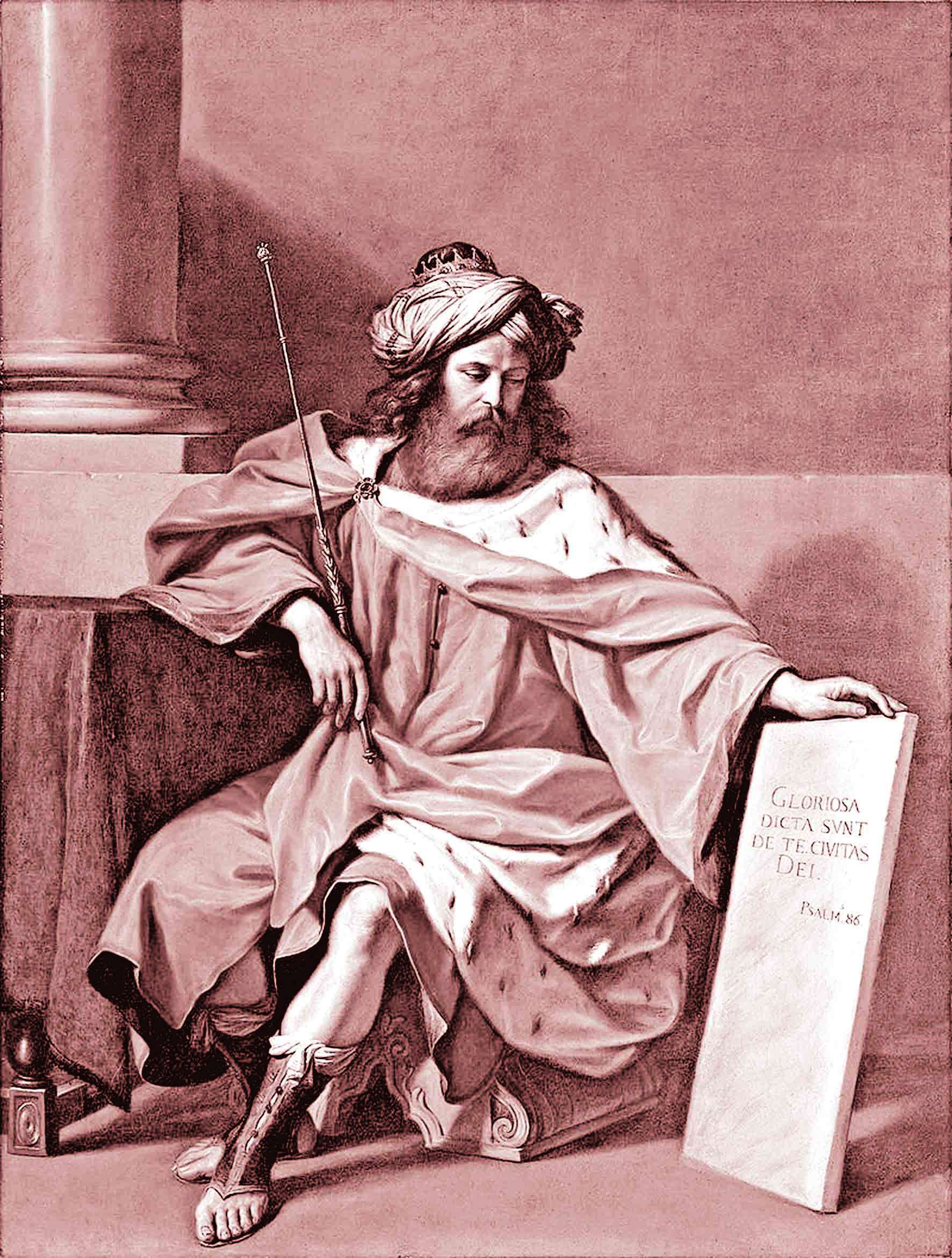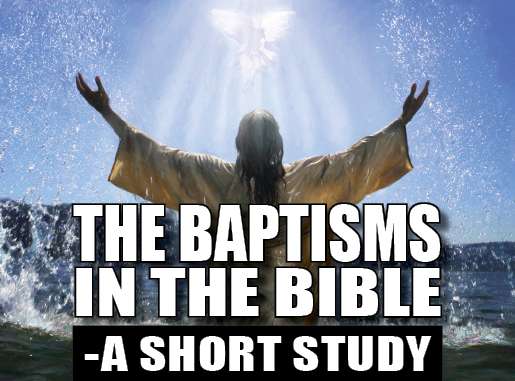

Origin and Composition of Psalms in the Bible
Pr. Shinu Varghese John
The book of Psalms is perhaps a contribution over hundreds of years. How exactly they did this is unclear, although there are indications in some of them. Jewish tradition traces its origin even back to Adam. David, however, has received the title of patron of Hebrew poetry, because of David’s musical abilities, and his role as founder or organizer of temple musicology. Nevertheless, the book of Psalms appears to be a cumulation of various smaller collections and of individual songs for the modern readers.
Many scholars support the view that the individual Psalms were redacted into a single collection in Second-Temple times. Thus, the Book of Psalms, like modern hymn book, can see as an anthology of psalms. Because the Psalms consist of the individual compositions of various psalms of entirely diverse settings. All these psalms are brought together into a single volume as it now stands.
It is impossible, however, to trace each stage in the process from the composition of individual psalms to the compilation of the Psalms as a whole. But a number of hints have survived concerning the various stages between composition and compilation.
There are several suggestions within the Book of Psalms to various stages of compilation evolved. Firstly, the information included in the superscriptions of many psalms. The historical validity of these titles, however, are doubtful with respect to the initial composition of these psalms. The titles, nevertheless, are of considerable relevance with respect to the composition of the Book of Psalms. Because the titles recognize certain psalms in relation to particular persons or according to certain styles. Thus, it indicates early collections of psalms, prior to the formation of the Psalter as a whole.
Secondly, different phases of compilation of the Psalms can be understood in the editorial notice at the end of Psalm 72: “The prayers of David son of Jesse are ended (verse 20). This postscript is surprising for the reader when one finds that psalms of David, according to their headings, are found subsequent psalms such as, Psalms 86, Psalms 108 – 110 and Psalms 138 – 145.This evidence hints that at one stage in the history of the formation of the book of Psalm as Davidic collection ended here.
Thirdly, many duplications within the Psalms indicate that initially these psalms belonged to independent collections. Later these duplications appeared when the collections were brought together. One can find following clear duplications of passages within the Psalm: Psalm 14 = Psalm 53; 40:13–17 = 70: 1-5; and 108 = Ps 57:7–11 + 60:5–12). This again denotes the process of the gathering of various smaller collections or units of individual psalms.
The classification of the Psalms into different collections is primarily based on the basis of the superscriptions and secondarily of shared key words. For instance, at the end of each subsection mentioned in the book of Psalms there is a doxology, “Blesses be the Lord.” (Psalms 41:13; 72:19; 89:52; and 106:48). These concluding verses make it possible to classify the entire book of Psalms into five sections like the five books in the Pentateuch section. Psalm 150 may be regarded as a concluding hymn for the entire psalms. The invocation to a good life and salvation in the Psalms 1 and 2 is prefixed to the first section in the Psalms. Thus, one can perceive a possible process of compilation of the entire psalm in five major sections.
Following scholarly proposal of four stages of the process of the compilation of the Psalms has subjected to several modifications among the scholars itself. firstly, an individual psalm is composed; secondly, it is linked together with other psalms to form a small collection; thirdly, several small collections are brought together to form a larger unit; and
finally, the present book of Psalms emerged, with various individual psalms compiled by the editor(s) of the final book.
All the initial collections of psalms, nevertheless, cannot be recognized with accuracy, it is not impossible to list some of the basic collections which were to form part of the Psalms. At the beginning of the compositional process, smaller collection of Psalms was initiates at individual sanctuaries.
Firstly, there is a collection of Davidic Psalms. There are about 73 Psalms that can be identified with David according to the scholars. Mainly there are three collections of Davidic psalms with some exceptions. Firstly Psalms 3–41: secondly, Psalms 51–70; and Psalms 138–45. These three collections do not constitute all the Davidic psalms, others may have formed smaller collections (e.g., Pss 108–110), and others stand alone. These individual psalms may have belonged to collections initially, but were moved to another position in the book of Psalms by the editor(s) for some theological reasons.
Secondly, Collection of Korahite Psalms. The Korahites were Levites, descended through Kohath (1 Chr 6:22), who were involved in the music of the temple. There may have been two such collections: Psalms 42–49 (with the exception of Ps 43) and Pss 84–88 (with the exception of Ps 86).
Thirdly, collection of Asaphite psalms. Asaph was a Levite musician who played a leading role in the music of worship during the time of David (1 Chr 15:17–19; 16:4–5) and whose descendants carried on the family tradition of music (Ezra 3:10). Eleven psalms (Psalms 73–83) made up the collection, to which Ps 50 may have belonged initially.
Other psalms are identified as belonging to collections, not on the basis of association with a one person or group, but on the basis of common type or subject matter. For instance, the Songs of Ascents (Psalms 120–134). These psalms have not only a certain similarity in subject matter, but also shared a common usage, especially during or preceding Israel’s great festivals, specifically the Feast of Tabernacles. Then there are two collections of praises. First Collection (Pss 113–118) is traditionally linked with the Festival of Passover, and a second group (Pss 146–150)is for more general use in worship. It is difficult, however, to determine whether some groups of psalms may have formed an original collection, or whether they may simply have been placed together in the final editorial process. This uncertainty with the individual psalms led many scholars doubt the fivefold structure of the book of Psalms as a symmetrical organization superimposed upon previously circulating collections of psalms.
In the next phase in the process of compilation of the Psalms, some of the smaller collections were brought together to form larger collections. This process of compilation is even more difficult to fix with precision. The use of divine names in the original Hebrew Bible, however, provides some possible glimpses in the process of compilation.
For example, in Psalms 1–41, the special divine name (Yahweh – usually translated as “the LORD) is used very frequently, and the general name “God” (Elohim) occurs only occasionally. In Psalms 42 – 83 the divine name “God” appears 200 times and “Yahweh” only 43, where as in the rest of the Psalms “Yahweh” appears 642 times and “God” only 29. The main explanation for this diverse use of the divine term is that the collection once existed independently before it was included in the final frame work of the Psalms. The use of the term “Yahweh”, for instance, in the Psalm 14 and use of the term “God” in the almost identical Psalm 53 depicts different stages of the compilation involved.
Thus, it is appropriate to believe the book of Psalms, like modern anthologies, is a collection of Psalms based on earlier collections of many ages. Hence, the book of Psalms received its final form three or four centuries before Christ, depicts a long history of worship, reaching back at least to the ties of David and, in some instances, including forms of worship used by Israel in the early period of the settlement in the Land of Canaan.
The tradition that was based on rabbinic literature had accepted widely the Davidic authorship of the entire Psalms until modern times in both Jewish and Christian circles. But it was not accepted as historical fact by modern scholars on the basis of linguistic and contextual evidence. The scholarship viewed this as a way the ancients linked biblical writings with the well-known biblical figure, thereby confirming the divine inspiration and the authority of those writings. Modern linguistic analysis attempts to differentiate between preexilic and postexilic Hebrew, but the analysis is not always refined enough to be definitive.
However, one need to keep in mind that poetry is often archaizing, so the presence of older-sounding phrases does not, in itself, prove an early date. Furthermore, the hints to specific events that scholars find in the psalms often have more than one possible reference. As we know some psalms are clearly date from exilic or postexilic times with their references to events or their linguistic usages (e.g., Pss. 137; 145). While it is also likely that some psalms have an ancient core that was reshaped after the exile into a new psalm. Thus, the absence of specific historical references in the Psalms need to be seen as timeless value of these poems, appropriate to many recurring occasions in the life of the individual or the church.


